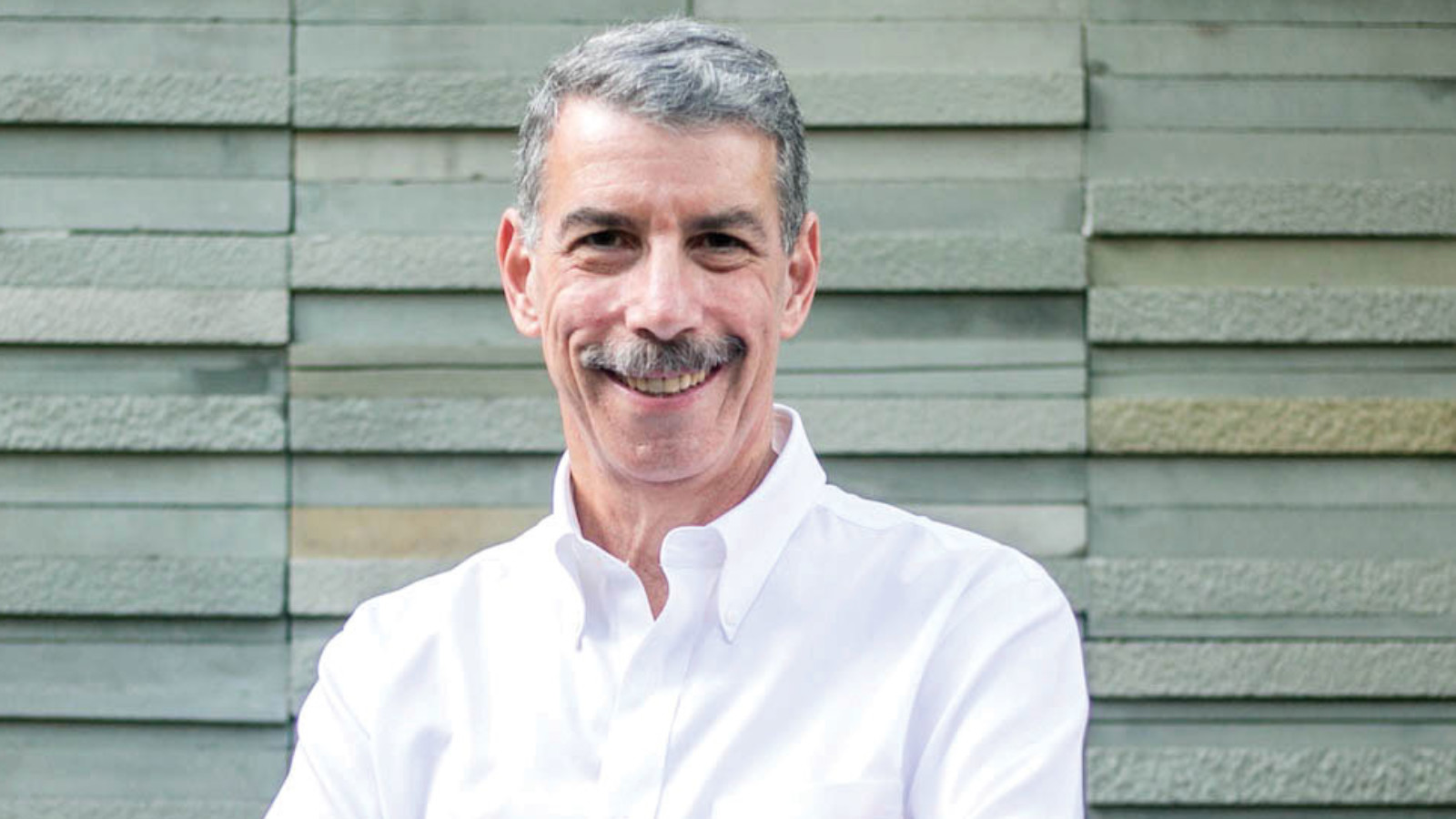In his new book, Mike Chinoy ’70 celebrates a little-known Irish lawyer who made an enormous impact
As an undergraduate at Yale in 1972, Mike Chinoy ’70 had a fateful meeting with human rights lawyer Kevin Boyle in Belfast. But five months prior to that, he had met another key figure in the struggle over Northern Ireland. Visiting his parents, on sabbatical in London, Chinoy had crossed the Irish Sea to investigate The Troubles, the three-decade-long conflict that pitted Protestant unionists against the Roman Catholic republicans. Many Belfast streets were barricaded by British soldiers and massive unrest disrupted city life. Chinoy, inspired by the anti-Vietnam War movement in the U.S. and a fledgling reporter, sought to understand this crisis. In Dublin, he knocked on the door to the headquarters of Sinn Féin, the political arm of the Irish Republican Army (IRA), and was ushered in to meet Joe Cahill, the most wanted man in Great Britain for his involvement in IRA uprisings. Cahill spent a few hours with him, explaining the struggle’s backstory, and Chinoy had his first scoop; he published a profile in the Yale Daily News.
During his next visit, Chinoy met with Boyle, an activist who was also fighting for Irish rights, but through nonviolent means. Boyle had been active in the Northern Ireland Civil Rights Association, which sought fair treatment for Catholics, and, coincidently, was headed to a yearlong postgraduate fellowship at Yale. He agreed to lead an independent study class for Chinoy. The teacher-student relationship evolved into a decades-long friendship that would imprint deeply on Chinoy. Boyle died in 2010, and in 2016, Chinoy started working on Boyle’s biography, Are You With Me? Kevin Boyle and the Rise of the Human Rights Movement (The Lilliput Press, 2021).
Chinoy graduated from Yale with a degree in China studies, and then earned a master’s in journalism at Columbia. Since his Williston Academy days in 1967 and 1968, where he recalls “intense discussions about the war in Vietnam,” he has become an authority on Asia (he speaks French and Chinese). He became a foreign correspondent for CNN, covering events in Europe, Africa, and Asia. The author of three books on China and North Korea, Chinoy opened CNN’s Beijing bureau and served as bureau chief in China and Hong Kong, and as senior Asia correspondent for the network. Along the way, he’s earned an Emmy, a duPont, and a Peabody Award. Currently a nonresident senior fellow at the University of Southern California’s U.S.-China Institute (he lives in Hong Kong), he has taught at the University of Southern California’s Annenberg School for Communication and Journalism and has been a commentator on Asian issues for media outlets including CNN, Al Jazeera, and Voice of America.
Despite spending most of his career focused on Asia, Chinoy kept thinking about Boyle. What was it about this obscure human rights lawyer that captured his imagination? “He was a modest and private person who was enormously consequential,” he said. “And because he never spoke about his accomplishments, his achievements remain relatively unknown.”
Chinoy set out to remedy that. Visiting Boyle’s archives at the National University of Ireland in Galway, Chinoy pored over documents that revealed just how consequential Boyle was in the global fight for human rights. For example, Boyle helped plan the protest march that led to the 1972 Bloody Sunday massacre, a pivotal—and violent—crackdown by British soldiers in Derry that killed 14. Much of the “intellectual underpinning” for the Good Friday accords that ended The Troubles came from Boyle, as well.
Boyle’s work was not confined to Ireland. In South Africa, he was instrumental in helping erode the structures of apartheid. He led the campaign to defend English author Salman Rushdie after he was targeted by the government of Iran. His international law cases challenged the holding of political prisoners and the mistreatment of those incarcerated. He fought against the use of rape as a weapon of war. And he brought and won a case that outlawed discrimination against gay people in Northern Ireland, later cited by the U.S. Supreme Court. As chief advisor to former Irish President Mary Robinson, who served as the United Nations High Commissioner for Human Rights, he helped craft a response to the September 11, 2001, terrorist attacks, opposing the Bush Administration’s “War on Terror” as an abstraction that had the potential for human rights abuses.
“He was one of the first to warn against companies’ holding people’s data, and saw the potential for damage and the spread of disinformation by social networks,” Chinoy said.
During Boyle’s tenure as a professor of human rights law, a field that he practically originated, he founded centers at two universities where he trained hundreds.
If Boyle were alive today, Chinoy said, he’d be happy to see movements for the rights of marginalized people. He’d cheer those protesting for democracy in Hong Kong, Russia, and Burma “at great personal risk,” he said. “That desire burns deeply in people all over the world.”
Boyle didn’t win every fight he took on. “A lot of battles, he lost,” Chinoy recalled. “But as long as you’re in the ring, the final battle isn’t lost. You can’t give up hope. Human rights are as basic as breathing.”
It required four years of work, including interviews with more than 100 sources, but Boyle’s story has now been told. Chinoy is moving on to other projects, including turning a 12-part docuseries on American journalism in China, which he produced for USC’s China Institute, into a book next year. In the end, Chinoy hopes Boyle’s staggering legacy finally gets the attention it deserves.
“Even his family didn’t realize what he had done,” Chinoy said. “When I interviewed Mary Robinson for the book, she said, ‘I’m glad you’re doing this. Kevin Boyle deserves to be remembered.’”

